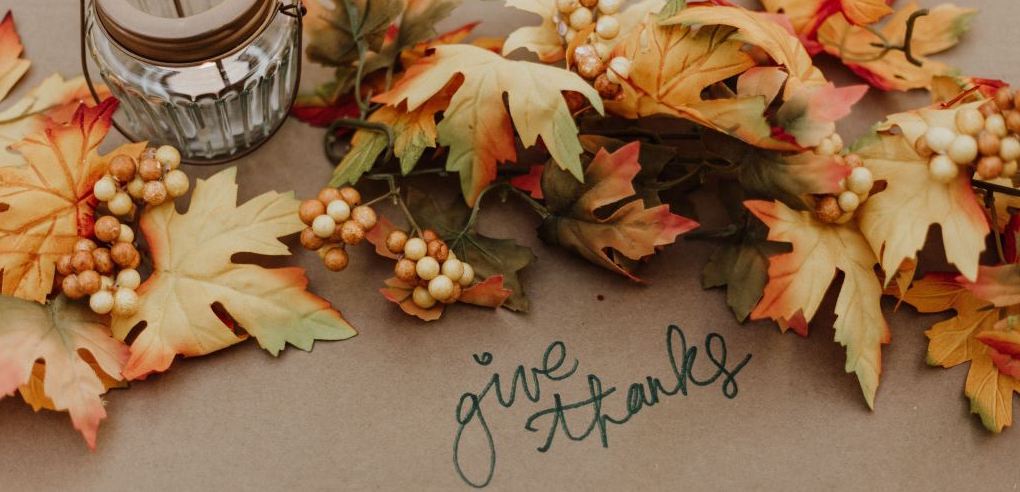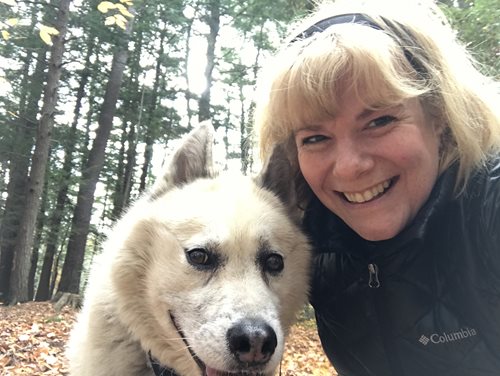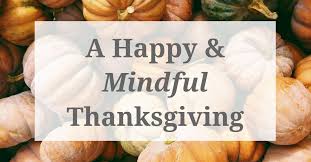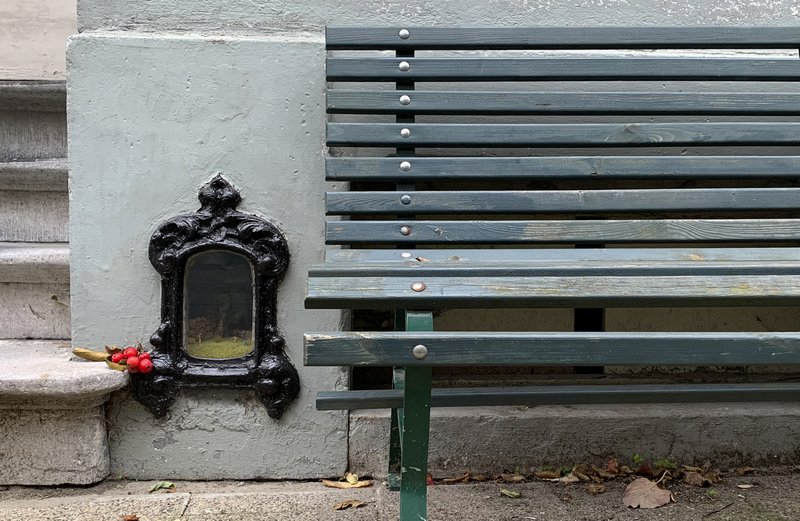Read the full story at GMA.com.
An Illinois couple who canceled their original wedding plans amid the pandemic donated their catering deposit to help provide meals for those in need this Thanksgiving.
Emily Bugg, 33, and Billy Lewis, 34, used their $5,000 nonrefundable deposit to purchase 200 Thanksgiving dinners for clients of Thresholds, a nonprofit mental health provider dedicated to helping people with serious mental illnesses and substance use conditions.
“In the grand scheme of things, canceling a big wedding isn’t the worst thing that could happen,” Bugg, an outreach worker at Thresholds, told “Good Morning America.” ” We’re happy to be married, and we’re so happy that we could help Thresholds’ clients feel the connection of a Thanksgiving meal as a result of the wedding cancellation.”
Bugg and Lewis were married Oct. 1st at City Hall in Chicago. The couple met on the dating app Bumble in 2017.
When COVID-19 disrupted their initial wedding gathering, Bugg and Lewis decided to team up with their with caterer, Big Delicious Planet, to make Thanksgiving dinners for Thresholds clients. The meals included turkey, vegetables and mashed potatoes.
Bugg and Lewis’s venue, Salvage One, agreed to put their deposit toward a future event for the Epilepsy Foundation, which is another cause to which Bugg is connected.
Thresholds’ yearly communal Thanksgiving dinners were canceled because of COVID-19 restrictions.
“Emily’s donation is an incredible example of the generosity and creativity that the pandemic has inspired in so many,” said Mark Ishaug, CEO of Thresholds. “I know that Emily’s act of kindness will inspire others to do the same and build love and connection in a difficult time, in any way we can.”
“Thresholds is so grateful for our staff, like Emily, who are so dedicated to their work serving those with mental illnesses,” he added. Thresholds staff boxed the meals with caterers, and then Thresholds staff delivered the meals to clients’ homes ahead of the holiday.
Read the full story at GMA.com.









